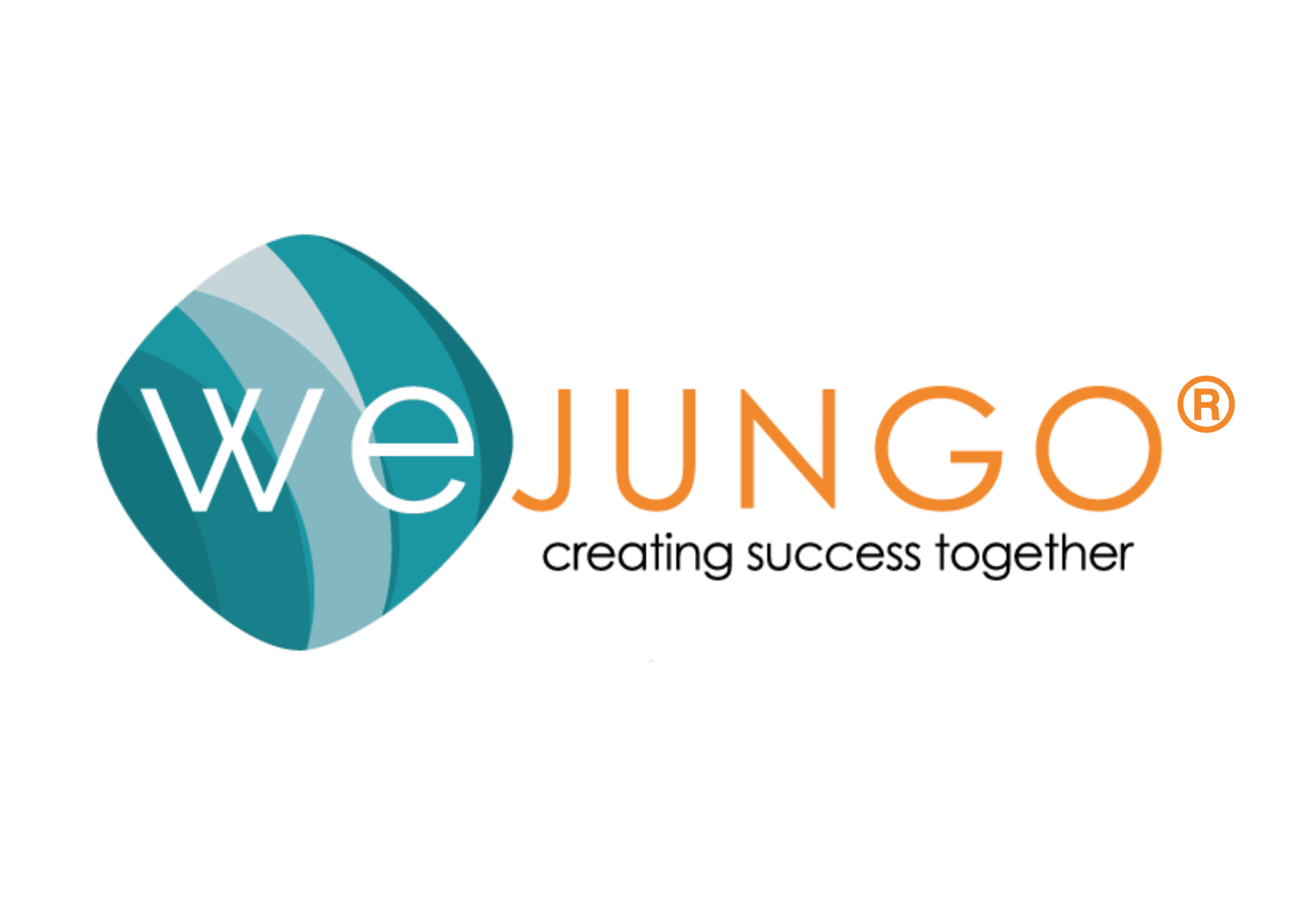Stay Connected: How Everyday Leaders Engage People
Right now — as you are reading this sentence — almost 70 percent of your staff is alienating your customers, keeping you from achieving your goals, or costing your operation money that could be used for more productive purposes.
Scary, huh?
What This Means For You
Creating a fully engaged team has a real impact on your results. Organizations in the upper echelons of employee engagement beat their counterparts in productivity, profitability, and customer ratings — in some cases by more than 20 percent. They have lower absenteeism, less shrinkage, fewer accidents, and better quality.
The most actively disengaged are easily recognized. They undermine others’ performance. Their discontent is readily visible, and they suck the life out of your organization.
Many of the unengaged are more difficult to see, however. They aren’t necessarily unhappy, and they may even be meeting minimum job expectations. They just aren’t providing the discretionary effort or sharing ideas that could make your operation stand out in the marketplace.
What You Can Do

An engaged workforce always comes back to culture, and culture always comes down to leadership at every level of your organization. Here are nine things to do every day that keep your team providing the discretionary effort you need to thrive.
- Connect individual performance to a clear focus for the business. Your employees want to know the “why” of the work. Your job is to provide it. Specific goals and expectations linked to a clear, compelling vision provide a sense of contribution.
- Provide the time, tools, and training to accomplish the job. Doing more with less does not mean doing everything with nothing. An investment in tools and training reinforces the idea that you want individuals and the business to succeed. Providing adequate time to accomplish the task sends the message that quality is important.
- Make recognition and encouragement a priority. Sincere recognition to your stars probably won’t make them perform any better, but it might mean that they don’t look for a better environment in which to utilize their talents. The real payoff for consistent recognition and encouragement is with those who aren’t the top performers. They view your efforts as validation that their performance matters.
- Address poor performance. Good employees grow weary of shouldering more than their share of the performance load. There is no advantage and considerable harm in publicizing your efforts to improve someone’s performance. Straightforward, sincere efforts to help people improve will show up through a change in the individuals’ behavior.
- Use honest mistakes as a learning opportunity. The most important lessons we learn in life often come from mistakes. People who feel punished for honest mistakes avoid risks … or worse, learn not to get caught.
- Remove a barrier every thirty to sixty days. Nothing says, “I want you to succeed” more than a leader actively working with their team to identify, prioritize, and remove the avoidable obstacles to great performance.
- Give regular, specific, and accurate feedback. Everyone needs and the Millennial
Generation wants information about how they are doing compared to your expectations. The best feedback acknowledges effort, points the individual toward success, and encourages personal responsibility.
- Live your values. Policies and practices that are inconsistent with value statements are a leading cause of distrust. Consider an audit of your key processes to determine those that are most out of step with an environment that lives your values.
- Have fun and promote personal relationships. Workplaces that promote laughter contribute to higher morale, improved productivity, and lower on-the-job stress. Having fun isn’t just planned activities and celebrations. It is the ability to be yourself and enjoy a bond with your team members that increases loyalty and performance.
The message is clear, and the choice is yours. The engagement level of your team has an impact on your results.
Will you allow the lack of discretionary
effort to limit your performance, or will you build a culture of connection and
commitment that delivers amazing results?
************************************************************************************************************
About the Author: Randy Pennington
Randy Pennington is an award-winning author, speaker, and leading authority on helping
organizations deliver positive results in a world of accelerating change. His keynote seminars and workshops are informative, engaging, and memorable. To learn more or to hire Randy for
your next meeting, visit www.penningtongroup.com, email info@penningtongroup.com, or call 972-980-9857.
Follow Randy Pennington on Twitter: http://www.twitter.com/RandyPennington















